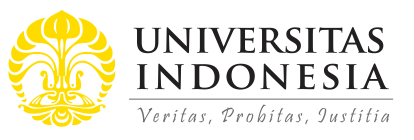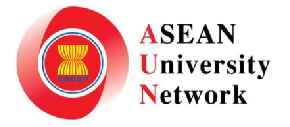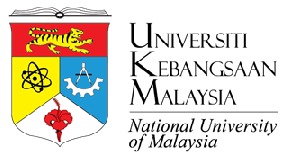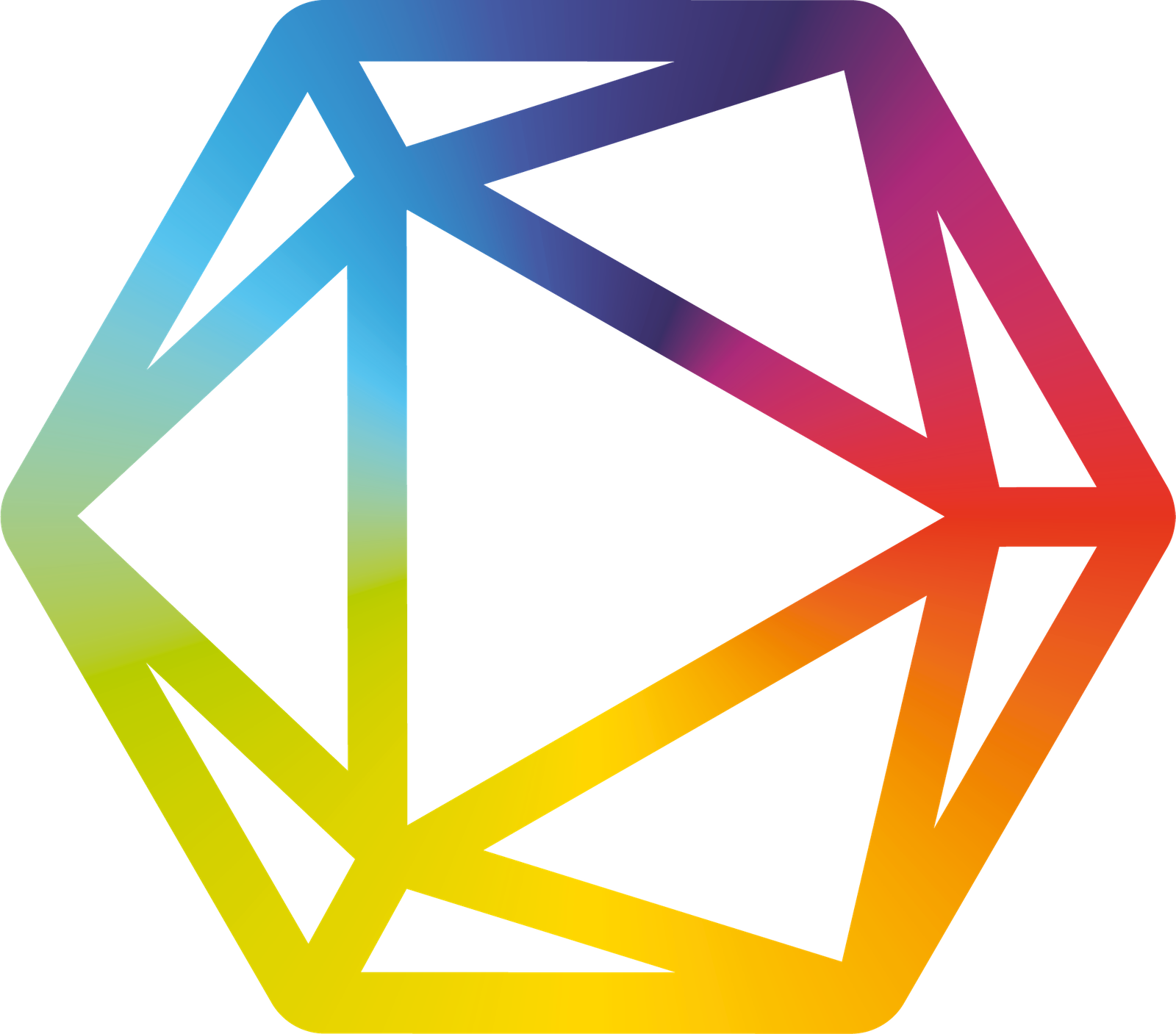
Abstract
Education is considered one of the impact sectors, which is a part of the Industrial Revolution 4.0 (IR4.0), where humanity and technology are aligned to empower new possibilities. Academic exploration of Augmented Reality (AR) technology and skills of IR 4.0 in schools, especially in rural areas, have been scarce. Therefore, this paper examines the influence of AR technology via mobile application on teachers and students via community-based learning approach. One rural primary school was selected for this community-based research project: Sekolah Kebangsaan Pulau Gaya in Kota Kinabalu, Sabah, Malaysia. It was selected as the school’s drop-out rates have remained high and it has low student retention levels. Students here are unprepared for becoming more autonomous learners with better responsibility for organizing and planning their learning time. There were 22 teachers and 95 primary students (75 female and 20 male), aged from nine to twelve, third to sixth grades involved in this project. Their changes in attitude, practices, and skills were evaluated before and after the AR intervention. A majority showed an increase in positive preferences and enjoyment in AR learning, and in general, an increase in their STEM skills and performance. The findings show that employing an AR approach in primary students learning reveal significant differences in students’ preference in AR learning, enjoyment in AR learning, performance in STEM learning, enjoyment in science learning, willingness to attend STEM classes, and STEM skills after the AR intervention. Thus, the newly developed AR learning module is an attempt to assist teachers nurture their students via this knowledge transfer program, increase their engagement, peer interactions and collaboration, and improve their confidence to become successful learners in the future.
References
Alalwan, N., Cheng, L., Al-Samarraie, H., Yousef, R., Alzahrani, A. I., & Sarsam, S. M. (2020). Challenges and prospects of virtual reality and augmented reality utilizing among primary school teachers: A developing country perspective. Studies in Educational Evaluation, 66, Article 100876. https://doi.org/10.1016/j.stueduc.2020.100876
Arici, F., Yildirim, P., Caliklar, S., & Yilmaz, R. M. (2019). Research trends in the use of augmented reality in science education: Content and bibliometric mapping analysis. Computers & Education, 142, Article 103647.
https://doi.org/10.1016/j.compedu.2019.103647
Bonner, E., & Reinders, H. (2018). Augmented and Virtual reality in the language classroom: Practical ideas. Teaching English with Technology, 18(3), 33-53.
https://www.ceeol.com/search/article-detail?id=683374
Castaneda, D. I., & Cuellar, S. (2020). Knowledge sharing and innovation: A systematic review. Knowledge and Process Management, 27, 159-173.
https://doi.org/10.1002/kpm.1637
Chang, S. C., & Hwang, G. J. (2018). Impacts of an augmented reality-based flipped learning guiding approach on students’ scientific project performance and perceptions. Computers & Education, 125, 226-239. https://doi.org/10.1016/j.compedu.2018.06.007
Cheng, K-H. (2017). Reading an augmented reality book: An exploration of learners’ cognitive load, motivation, and attitudes. Australasian Journal of Educational Technology, 33(4), 53-69. https://doi.org/10.14742/ajet.2820
Cheng, K-H. (2018). Surveying students’ conceptions of learning science by augmented reality and their scientific epistemic beliefs. Eurasia Journal of Mathematics, Science and Technology Education, 14(4), 1147-1159. https://doi.org/10.29333/ejmste/81811
Cheng, E.C.K. (2020). Knowledge transfer strategies and practices for higher education institutions. VINE Journal of Information and Knowledge Management Systems, 51(2), 288-301. https://doi.org/10.1108/VJIKMS-11-2019-0184
Del Amo, I. F., Erkoyuncu, J. A., Roy, R., Palmarini, R., & Onoufriou, D. (2018). A systematic review of augmented reality content-related techniques for knowledge transfer in maintenance applications. Computers in Industry, 103, 47-71.
https://doi.org/10.1016/j.compind.2018.08007
Dunwill, E. (2016). Four changes that will shape the classroom of the future: making education fully technological. eLearning Industry. https://elearningindustry.com/4-changes-will-shape-classroom-of-the-future-making-education-fully-technological.
Firdaus, R. B. R., Mohamad, O., Mohammad, T., & Gunaratne, M.S. (2020). Community partnership through knowledge transfer program: Assessment from the perspectives of academic’s experience. SAGE Open, 10(4), 1-10.
https://doi.org/10.177/2158244020980742
Georgiou, Y., & Kyza, E. A. (2018). Relations between student motivation, immersion and learning outcomes in location-based augmented-reality setting. Computers in Human Behavior, 89, 173-181. https://doi.org/10.1016/j.chb.2018.08.011
Gomez-Galan, J., Vazquez-Cano, E., Rosa, A. L. d. l., & Lopez-Meneses, E. (2020). Socio-Educational impact of Augmented Reality (AR) in sustainable learning ecologies: A semantic modelling approach. Sustainability, 12, Article 9116.
https://doi.org/10.3390/su12219116
Hincapie, M., Diaz, C., Valencia, A., Contero, M., & Guemes-Castorena, D. (2021). Educational applications of augmented reality: A bibliometric study. Computers and Electrical Engineering, 93, Article 107289.
https://doi.org/10.1016/j.compeleceng.2021.107289
Hussin, A. A. (2018). Education 4.0 made simple: Ideas for teaching. International Journal of Education & Literacy Studies, 6(3), 92-98. http://dx.doi.org/10.7575/aiac.ijels.v.6n.3p.92
Kanchewa, S., Christensen, K.M., Poon, C.Y.S., Parnes, M., & Schwartz, S. (2021). More than fun and games? Understanding the role of school-based mentor-mentee match activity profiles in relationship processes and outcomes. Children and Youth Services Review, 120, Article 105757. https://doi.org/10.1016/j.childyouth.2020.105757
Kremer, H., Villamor, I., & Aguinis, H. (2019). Innovation leadership: Best-practice recommendations for promoting employee creativity, voice and knowledge sharing. Business Horizons, 62(1), 65-74. https://doi.org/10.1016/j.bushor.2018.08.010
Lai, A. F., Chen, C. H., & Lee, G. Y. (2019). An Augmented Reality-based learning approach to enhancing students’ science reading performances from the perspectives of the cognitive load theory. British Journal of Educational Technology, 50, 232-247.
https://doi.org/10.1111/bjet.12716
Lee, K. M., Kraus, S. E., Suandi, T., & Hamzah, A. (2016). Exploring the contribution of mentoring practices to mentee learning in a Malaysian youth development programme. International Journal of Adolescence and Youth, 21(4), 419-432.
https://doi.org/10.1080/02673843.2013.862732
Masood, T., & Egger, J. (2019). Augmented reality in support of Industry 4.0 – implementation challenges and success factors. Robotics and Computer Integrated Manufacturing, 58, 181-195. https://doi.org/10.1016/j.rcim.2019.02.003
Ozdamli, F., & Karagozlu, D. (2018). Preschool teachers’ opinions on the use of augmented reality application in preschool science education. Croatian Journal of Education, 20(1), 43-74. https://doi.org/10.15516/cje.v20i1.2626
Pantelic, A., & Vukovac, D. P. (2017). The development of educational augmented reality application: A practical approach. Proceedings of ICERI2017 Conference, Seville, Spain, 8745-8752.
Petrov, P. D., & Atanasova, T. V. (2020). The effect of Augmented Reality on students’ learning performance in STEM education. Information, 11(4), 209.
https://doi.org/10.3390/info11040209
Salar, R., Arici, F., Caliklar, S., & Yilmaz, R. M. (2020). A model for Augmented Reality immersion experiences of university students studying in science education. Journal of Science Education and Technology, 29, 257-271. https://doi.org/10.1007/s10956-019-09810-x
Sommerauer, P., & Müller, O. (2018). Augmented Reality for teaching and learning – A literature review on theoretical and empirical foundations. 26th European Conference on Information Systems (ECIS 2018), Portsmouth, UK.
Sumaryanta, Mardapi, D., Sugiman, & Herawan, T. (2019). Community-based teacher training: Transformation of sustainable teacher empowerment strategy in Indonesia. Journal of Teacher Education for Sustainability, 21(1), 48-66. https://doi.org/10.2478/jtes-2019-0004
Tang, Y. (2021). Help first-year college students to learn their library through an augmented reality game. The Journal of Academic Librarianship, 47, Article 102294. https://doi.org/10.1016/j.acalib.2020.102294
tom Dieck, M. C., Jung, T. H., & Rauschnabel, P. A. (2018). Determining visitor engagement through augmented reality at science festivals: An experience economy perspective. Computers in Human Behavior, 82, 44-53. https://doi.org/10.1016/j.chb.2017.12.043
Vosinakis, S., Anastassakis, G., & Koutsabasis, P. (2018). Teaching and learning logic programming in virtual worlds using interactive microworld representations. British Journal of Educational Technology, 49(1), 30-44. https://doi.org/10.1111/bjet.12531
Wang, C., Yan, W., Guo, F., Li, Y., & Yao, M. (2020). Service-learning and Chinese college students’ knowledge transfer development. Frontiers in Psychology, 11, Article 606334. https://doi.org/10.3389/fpsyg.2020.606334
Yoon, S., Anderson, E., Lin, J., & Elinich, K. (2017). How augmented reality enables conceptual understanding of challenging science content. Journal of Educational Technology & Society, 20(1), 156-168. https://eric.ed.gov/?id=EJ1125896
Yoon, S. A., Anderson, E., Park, M., Elinich, K., & Lin, J. (2018). How augmented reality, textual, and collaborative scaffolds work synergistically to improve learning in a science museum. Research in Science & Technological Education, 36(3), 261-281.
https://doi.org/10.1080/02635143.2017.1386645
Zanchetta, M. S., Bailey, A., Kolisnyk, O., Baku, L., Schwind, J., Osino, E., … & Yu, L. (2017). Mentors’ and mentees’ intellectual-partnership through the lens of the transformative learning theory. Nurse education in practice, 25, 111-120.
http://dx.doi.org/10.1016/j.nepr.2017.05.009
Zhu, X., Sun, B., & Luo, Y. (2018). Interactive learning system “ViMis” for scientific visualization course. Interactive Learning Environment, 26(4), 553-565.
Recommended Citation
Wong, Seng Yue; Abdullah, Zuraidah; Haq Hussin, Muhamad Saiful; Kadri, Nahrizul Adib; Obaidellah, Unaizah; and Mohd Zubir, Nashrul
(2021).
Influence of Augmented Reality (AR) Technology via Mobile Application for Knowledge Transfer Program in Fourth Industrial Revolution Era.
ASEAN Journal of Community Engagement, 5(1), 130-153.
Available at: https://doi.org/10.7454/ajce.v5i1.1123







